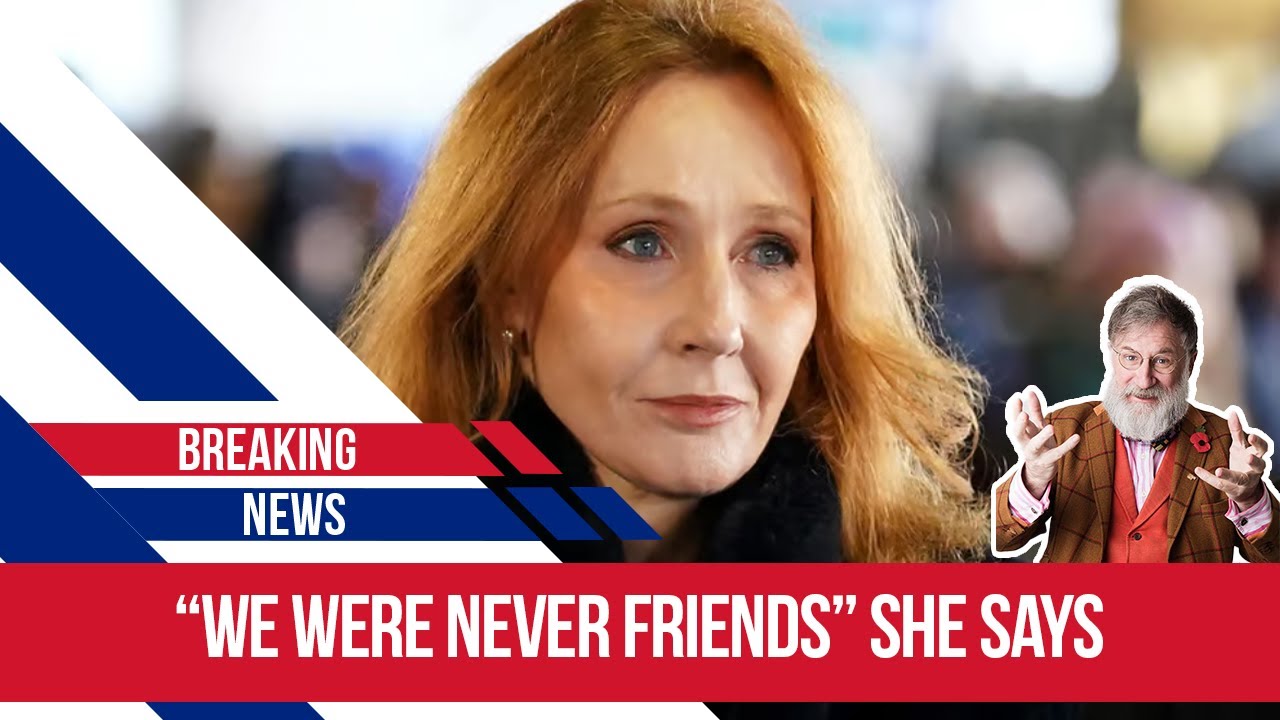The conflict between JK Rowling and Stephen Fry exemplifies deepening societal divisions, with Rowling rejecting personal friendship and emphasizing ideological purity over understanding, especially regarding gender issues. Their fallout reflects a broader cultural fracture where mutual respect and dialogue are replaced by hostility and polarization.
The recent public fallout between JK Rowling and Stephen Fry highlights a broader decline in mutual understanding and civility in society. Once colleagues and seemingly friends, their relationship has now fractured amid heated debates over gender identity, feminism, and societal values. Rowling’s dismissive remark that she never truly considered Fry a friend signifies a loss of personal connection, reflecting the deeper cultural divisions that now dominate public discourse.
Stephen Fry, who once admired Rowling’s intellect and had a friendly relationship with her, has expressed concern over her recent radicalization and the harsh rhetoric she employs, particularly against trans people. Fry laments her treatment and criticizes her for mocking and cruel language, especially regarding legal rulings and social issues pertaining to gender. His attempts to bridge the divide by advocating kindness and understanding are now hindered by Rowling’s increasingly militant stance, which she publicly celebrates through provocative posts and comments.
Rowling’s reaction to Fry’s comments and her own public statements reveals a shift towards ideological rigidity. She explicitly rejects the notion of personal friendship, emphasizing only shared beliefs as meaningful, and dismisses her past warmth with Fry as irrelevant. Her celebration of court decisions and dismissive attitude towards those she disagrees with mark her as a figure aligned with gender-critical feminism, often at the expense of compassion. Her public defiance signifies a rejection of nuance, instead asserting an uncompromising ideological line.
The situation underscores the profound cultural rift taking place: former allies, even those involved in creating and sharing beloved works, now speak of each other in hostile terms. Rowling’s disconnection extends beyond Fry to others involved in her projects, highlighting how ideological disagreements have overtaken personal bonds and collaborative efforts. Fry’s nuanced stance, emphasizing understanding and empathy amidst a backdrop of social violence and bullying, contrasts sharply with Rowling’s more triumphant tone respecting biological sex, even in the face of others’ suffering.
Ultimately, this fracture is emblematic of a societal crisis where dialogue gives way to polarization. Despite both Fry and Rowling’s intelligence and capacity for compassion, their exchanges have devolved into bitter online accusations. Rowling’s denial of any real friendship with Fry, despite evidence of their past camaraderie, symbolizes her move towards ideological absolutism, risking the loss of shared human dignity and connection. The break between these once-colleagues reflects a broader failure to find common ground in an increasingly divided cultural landscape.
